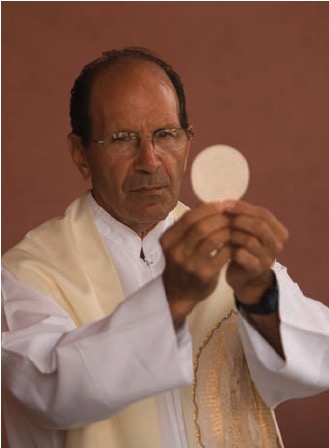Most of us think that we’re basically honest people. But, when we examine something we’ve done that’s wrong, we’ll find near-automatic tendencies to make it less wrong, or, worse yet, right. Our excuses are followed by justifications. When we’ve done something wrong, an early reaction is to tell ourselves one or more of the following:
1. I didn’t mean to do it.
2. It wasn’t that bad.
3. The more I think about it, the less important I realize it to be.
4. In many ways, what I did wasn’t really wrong at all.
5. A lot of people have done worse.
6. All things work together for good
7. I couldn’t help it.
Each of these thoughts, and there are many more excuse-makers, is an indication that we have, in fact, done something wrong and are attempting to make it go away. There are, to be sure, gradations of wrong-doing. While we should not try to minimize or maximize what we have done wrong, we still should seek forgiveness and try to do better.
As a general rule, the more we have to justify having done something, the worse it was. The only thing that should come out of wrongs are repentance, recompense, and rehabilitation.








